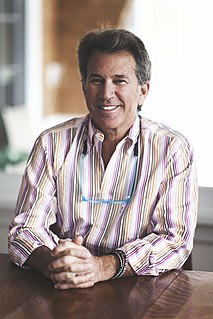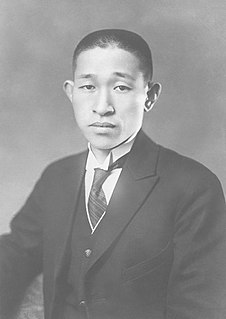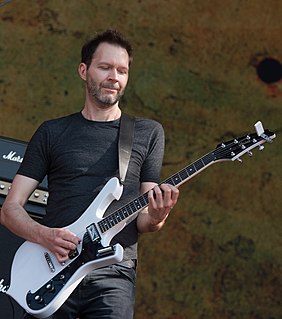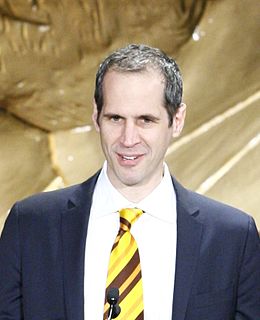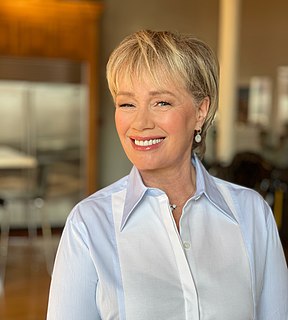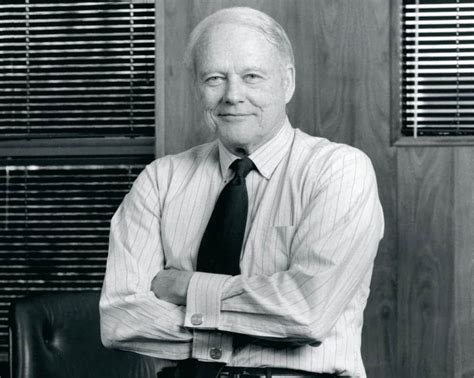A Quote by Jeffrey Hollender
What does the world need that you can provide?”?Express your social mission, whether it’s cause marketing, volunteering, culture, environmental initiatives, sustainable products, or corporate philanthropy?Start before scale: make a commitment, take small steps and then scale when you’re ready?Internalize and share your social mission?Be unfailingly transparent – “If you’re not scared by what you’re saying, you’re not sharing enough
Quote Topics
Related Quotes
No matter what your mission is, have some notion in your head. Forget the model, whether it's government or nonprofit or profit. Ask yourself the more important question: Is my mission improving the world? Are you sure about it? Seek to disconfirm that all the time. And if you can, change your mission.
There are three lessons in philanthropy - one, involve the family, especially the spouse. She can be a remarkable driver of your initiative. Two, you need to build an institution, and you need to scale it up. Choose a leader for philanthropy whom you trust. Three, philanthropy needs patience, tenacity and time.
It's so easy to practice out of context. For example, if you're learning a scale, you take that scale and you sit in your room and you go up and down the fretboard, over and over. You've gotta do that, because you need to get that scale working. But you have to keep in mind that that's not the finished product. That's the starting point.
I’ve seen how important this concept is in business. To be truly successful, companies need to have a corporate mission that is bigger than making a profit. We try to follow that at salesforce.com, where we give 1% of our equity, 1% of our profits, and 1% of our employees’ time to the community. By integrating philanthropy into our business model our employees feel that they do much more than just work at our company. By sharing a common and important mission, we are united and focused, and have found a secret weapon that ensures we always win.
Coming to Korea and becoming a singer, I always had two big goals personally. One was to be able to make it at some point so that I could do good things - I was always raised with an interest in social impact, philanthropy. The other thing was to be able to take my music and do it on a global scale.
...there's no such thing as sustainability. There are just levels of it. It's a process, not a real goal. All you can do is work toward it. There's no such thing as any sustainable economy. The only thing I know that's even close to sustainable economic activity would be organic farming on a very small scale or hunting and gathering on a very small scale. And manufacturing, you end up with way more waste than you end up with finished product. It's totally unsustainable. It's just the way it is.
